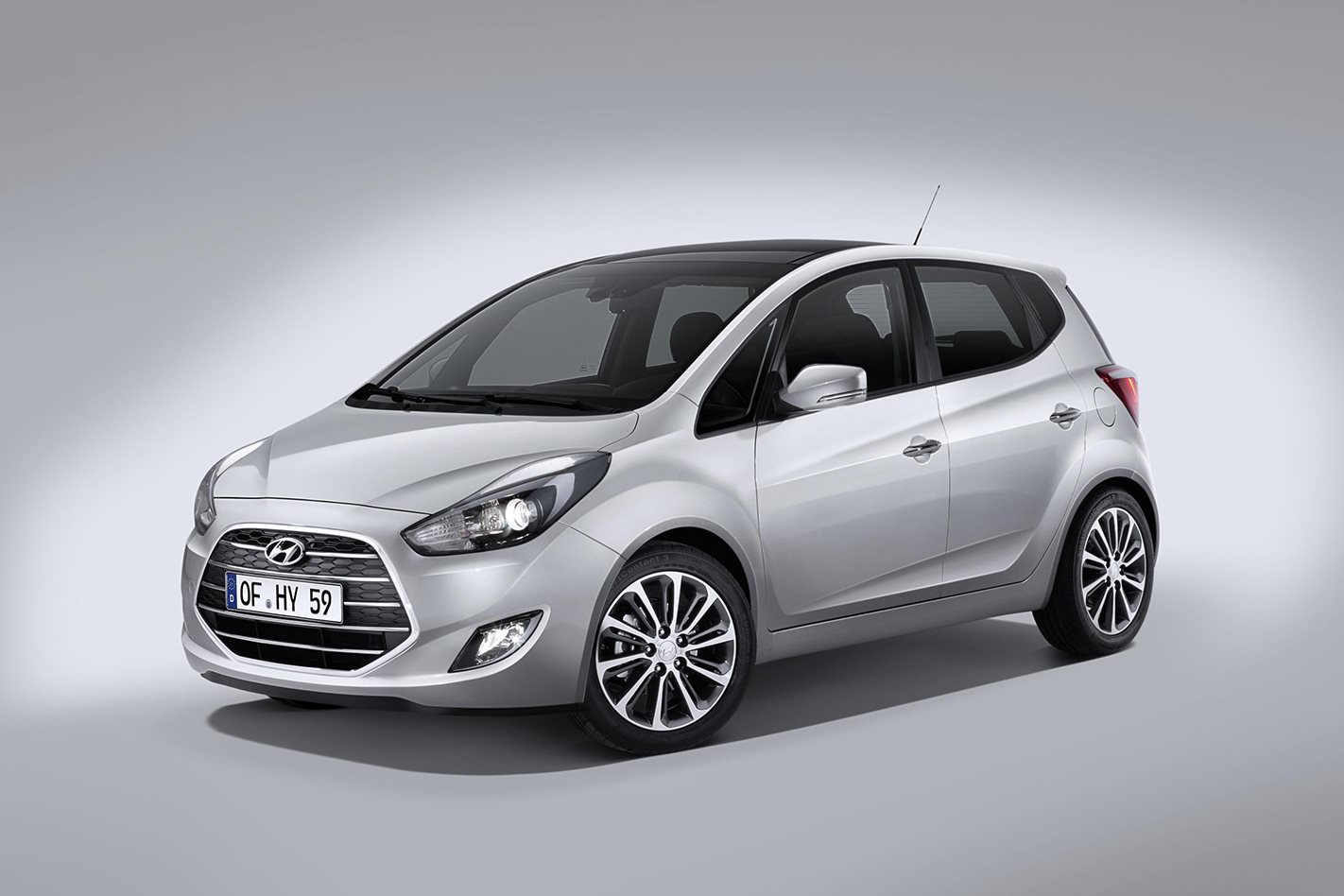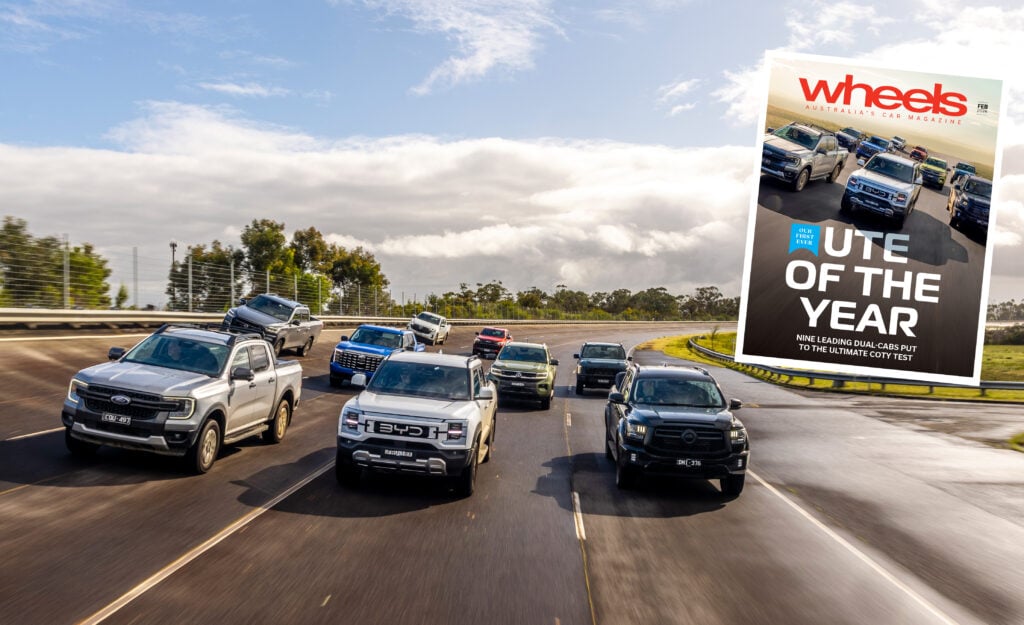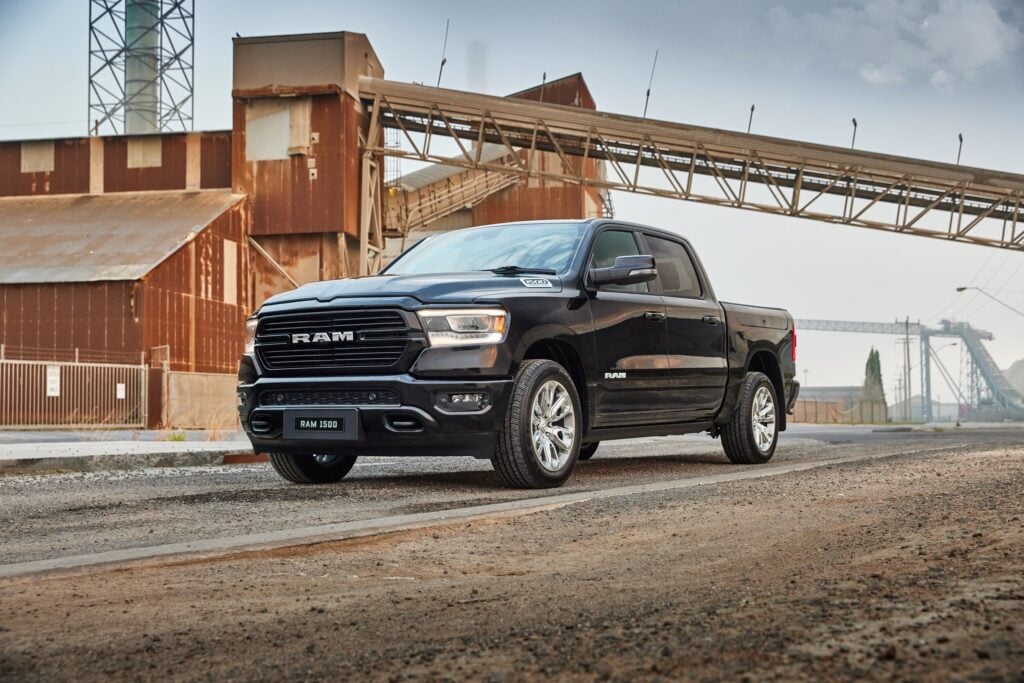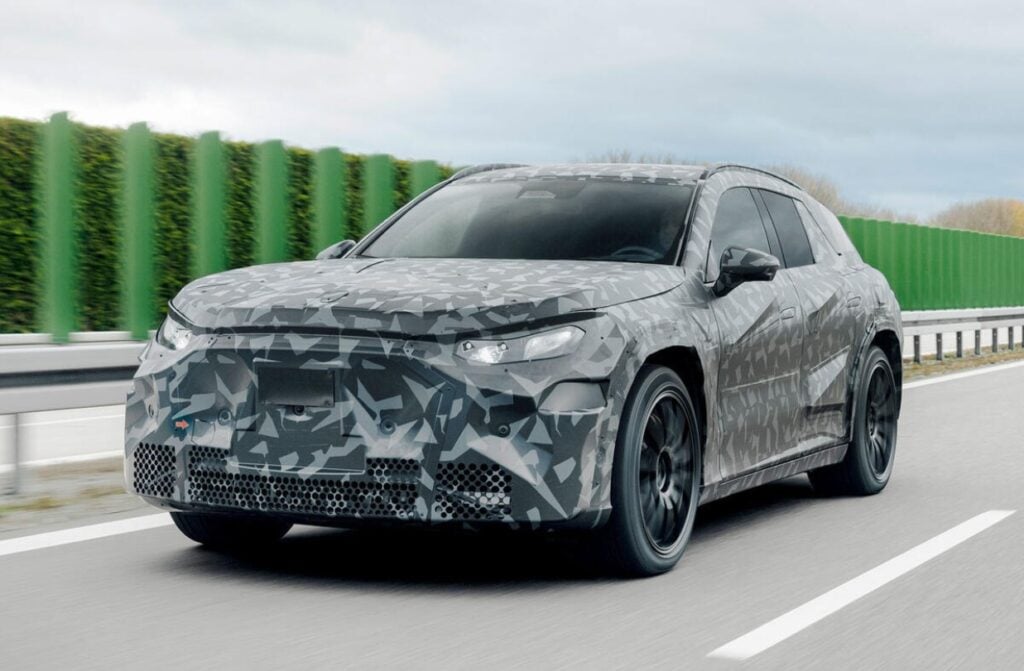HYUNDAI has promised to refresh its entire SUV line-up with 31 new variants across five different segments by 2020, including a replacement for the ix20 mini SUV to sit below the all-new Kona that was revealed this week.
Hyundai last updated the ix20 (pictured) for the UK market in early 2015. Speaking at the global launch of the Hyundai Kona, Hyundai Motor Company’s director of engineering, Chanbok Chung, suggested development of a forthcoming A-segment SUV to compete with the Suzuki Ignis was underway, and that it would be a perfect candidate for the brand’s advanced 1.4-litre turbocharged ‘T-GDI’ four-cylinder engine that’s not yet available in Australia.
Right-hand drive engineering has already been carried out for the direct-injected 1.4 and the engine is available in UK-market versions of the recently released second-gen Hyundai i30. It produces 103kW at 6000rpm and 242Nm at 1,500rpm in that application mated to a six-speed manual gearbox. Claimed fuel consumption is 5.4L/100km.
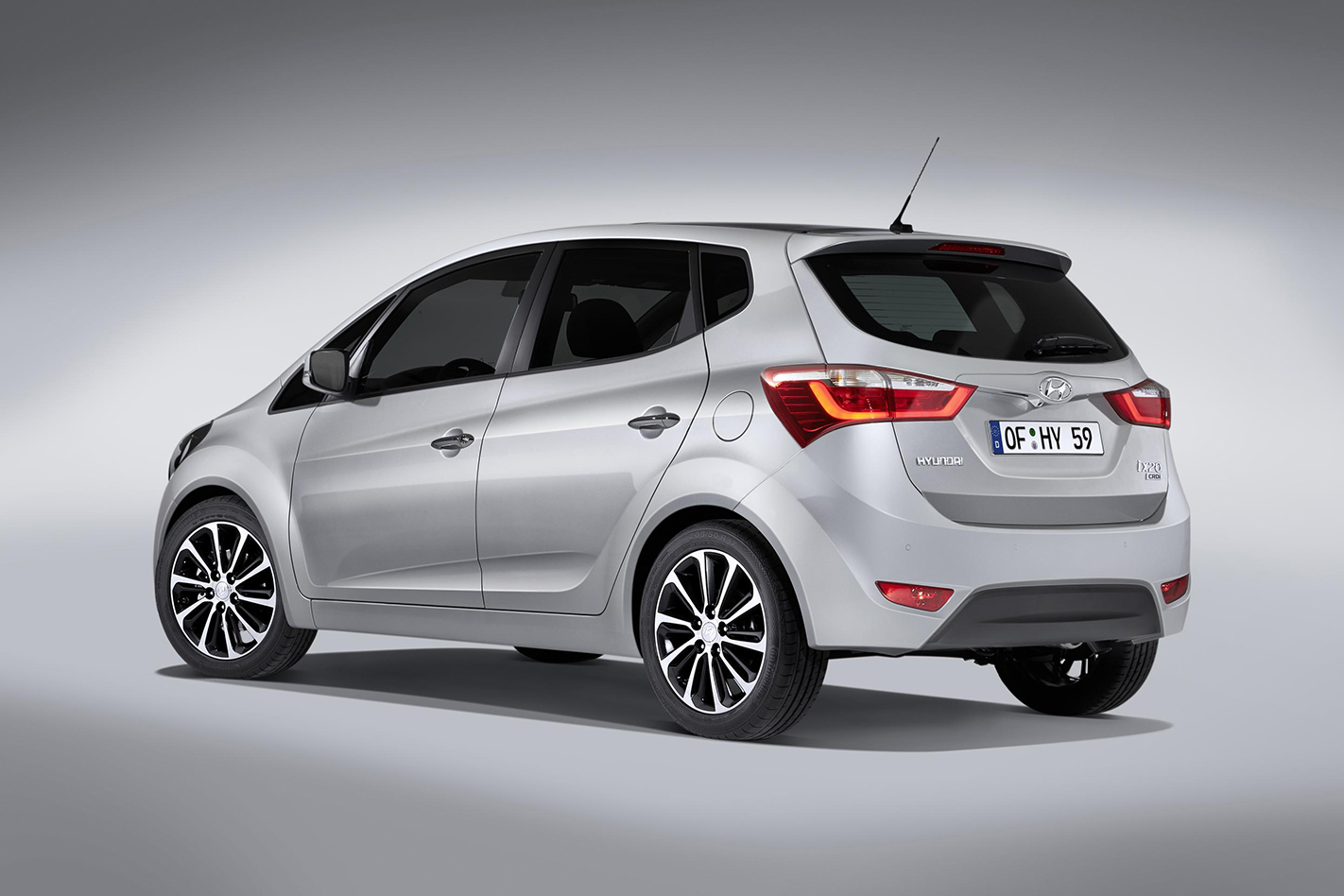
Advances over the Gamma 1.4-litre engine it replaced include 14kg less weight, better economy, higher peak power, and a turbocharger integrated within the exhaust manifold for improved throttle response and greater low-end torque.
A spokesperson for Hyundai Australia suggested the punchy 1.4 could also replace the 2.0-litre naturally aspirated ‘MPI’ four-cylinder engine currently sold in other Hyundai models, such as the Elantra.
The European-built i20 city hatch and ix20 mini SUV are not sold here at present, but Hyundai Australia is keen to add a new entry-level product to its line-up, either to sit alongside the current Hyundai Accent or replace it.
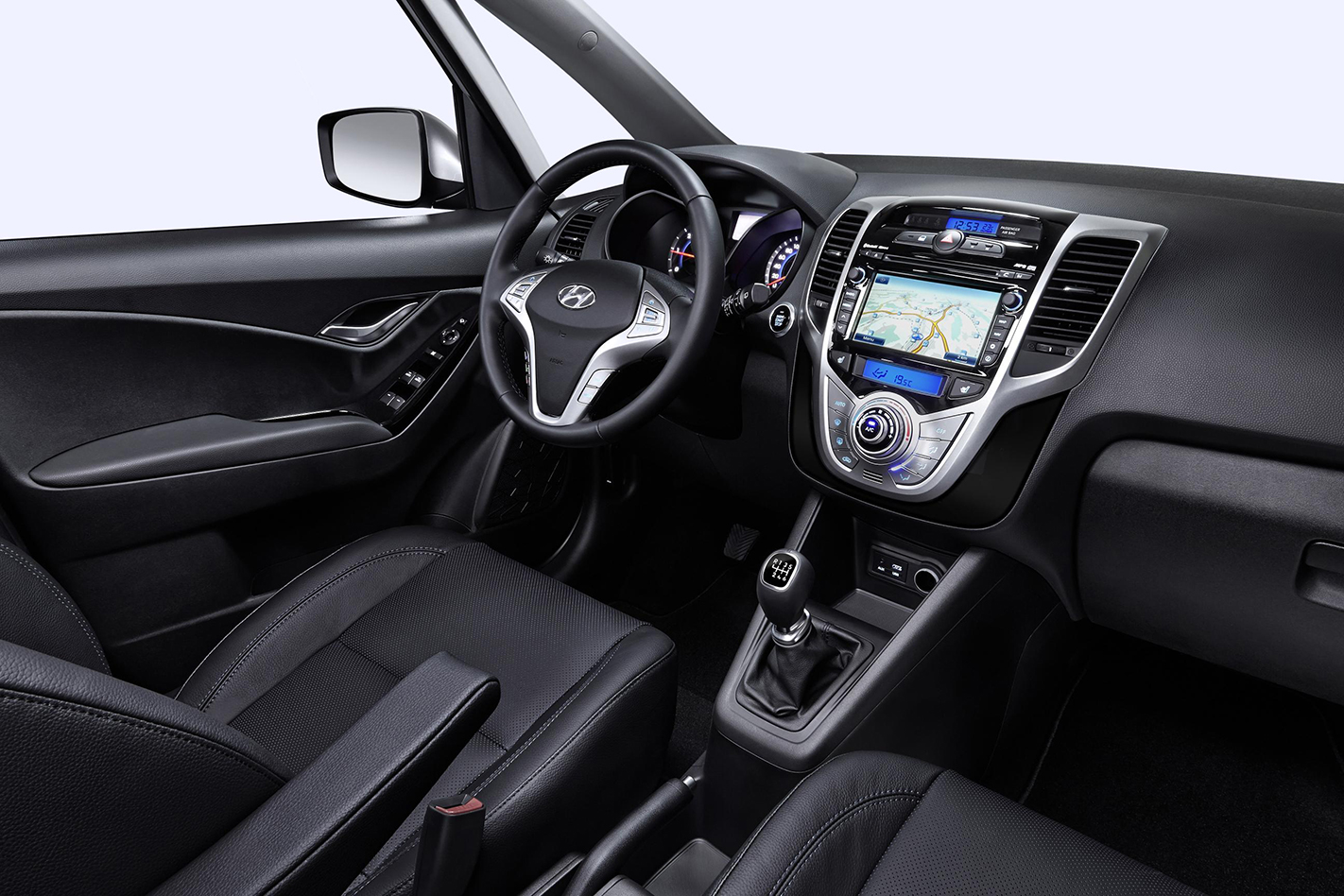
‘We’d love [i20] now, but there are some complexities that mean it’s not really available for us,” said Hyundai Australia chief operating officer Scott Grant.
“The entry-level car is a very important segment for us. It’s part of our strategy. It’s obviously where our brand was born, and whilst the taste of Australian consumers for that entry level passenger car has changed a fair bit, it’s an important way to talk to both older buyers that are really conscious of value, and to younger people that are getting into the market for the first time.
“Both of those segments are quintessentially Hyundai heartland and I’m sure that we’ll continue to have an offering in that area whether it’s a hatch or a sedan or a smaller, slightly jacked up SUV.”

